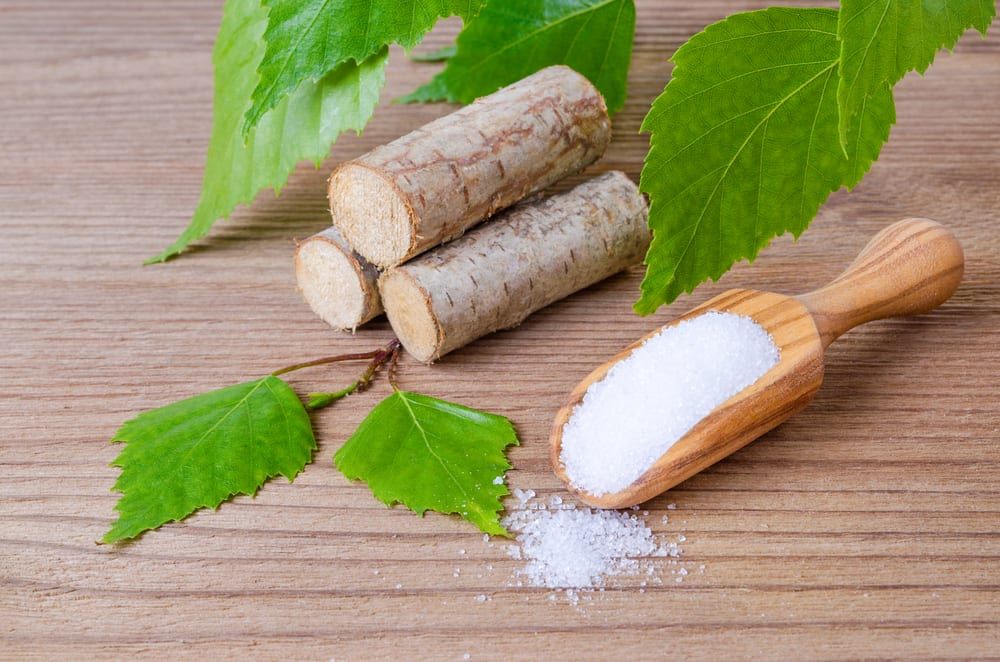Childhood tooth decay is preventable with consistent oral care at home and getting them to their annual dental visits. However, some children are more susceptible to tooth decay than others. For those with sensitive teeth, xylitol has been recently identified as an ingredient that can help reduce tooth decay by the American Academy of Pediatric Dentistry. Xylitol is a sweetener gaining popularity in toothpaste and sugarless chewing gum and has been shown to reduce the risk of children’s cavities.
What is Xylitol?
For conscientious mothers out there, xylitol is a sweet sugar alcohol, taking the combined traits of sugar molecules and alcohol molecules to simulate a sweet taste along with the receptors on the tongue. Xylitol often acts as an alternative to sugar or sucrose products and is derived from berry fruits and certain vegetables. Popularly used in chewing gum and toothpaste, xylitol is most commonly used to help prevent cavities and tooth decay in children.
What makes xylitol special is its ability to act as an antibacterial sugar substitute because it inhibits the growth of some bacteria types that cause cavities and gingivitis. This sweetening agent doesn’t impact blood sugar levels, making it a diabetic-friendly food that doesn’t affect insulin levels as much as sucrose and glucose foods do. That’s because it acts as a low-digestible carbohydrate and contains less than 40% calories when compared to sugar.
For the bacteria, sugar alcohol cannot be consumed because it lacks the cariogenic properties for it to be consumed. Because the bacteria cannot digest xylitol, it reduces the amount of bacteria growth in the mouth. It also allows saliva throughout the mouth to wash away any unwanted food particles and bacteria that can cause cavities and tooth decay.
Among many of its benefits, the only risk to a person would be ingesting too much, causing gas and diarrhea. That’s because, in its recommended doses, xylitol can be fermented by the gut bacteria. The only risks that xylitol poses for children is for those who have irritable bowel syndrome or cannot absorb FODMAPS properly. Dogs cannot digest this substance and risk hypoglycemic severe shock when they eat any food that contains xylitol and requires immediate care.
How Can Xylitol Help My Child’s Teeth?
Xylitol isn’t new, but for many pediatric dentists, it’s undoubtedly helped care for children’s teeth. One of the most recurring questions received is why a child couldn’t just use fluoride toothpaste? Well, for some picky children, brushing with fluoride can taste weird and be unpleasant. When it comes to dentistry, it’s about not only caring for your child’s teeth but also about teaching them the habits they need for a long life filled with healthy teeth. Xylitol provides children with a sweeter alternative that can be used as a teaching tool for children who struggle with brushing their teeth.
As a great alternative to fluoride, xylitol can help encourage your child to brush their teeth more and build life-long habits. For more information about xylitol, contact Dr. Mayuri Appareddy, DMD at Kids 360 Pediatric Dentistry in Richmond, TX, to schedule an appointment.


